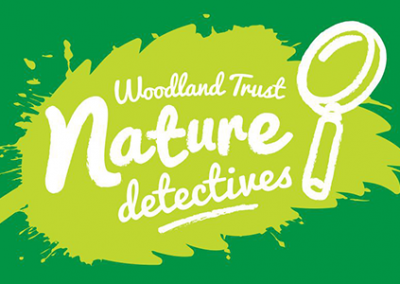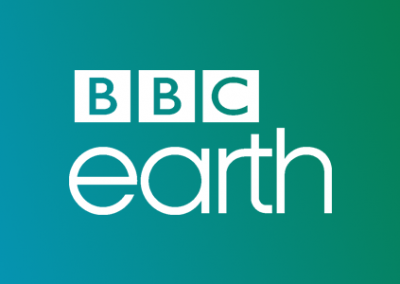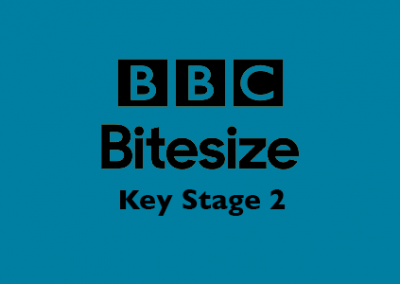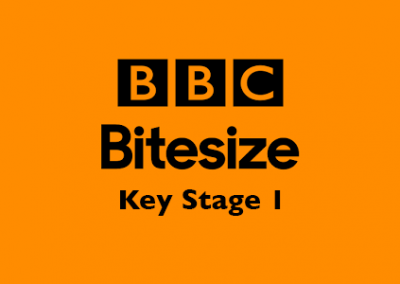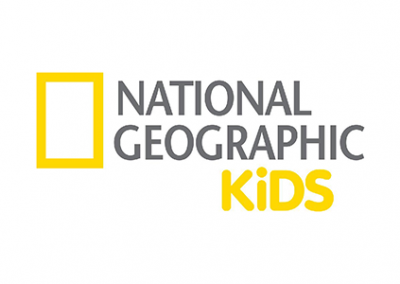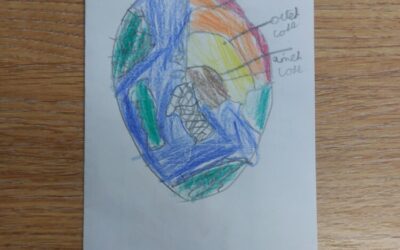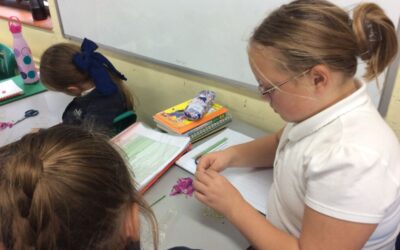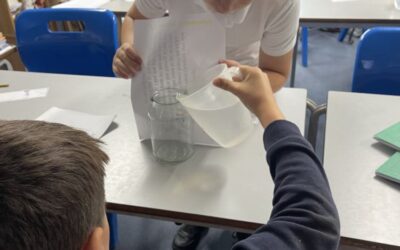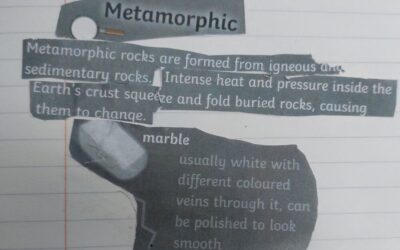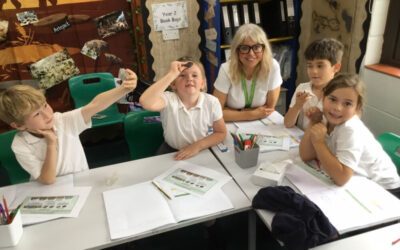Science
Science is taught with the aim that practical learning is not only fun but a key way to develop a deeper understanding of scientific concepts. In both Key Stages, the areas for learning are Scientific Enquiry, Life Processes and Living Things, Materials and their Properties, and Physical Processes.
We are very fortunate to have ample scope within our grounds for scientific explorations and where possible, children are taught science in a ‘hands on’ way.
We also have a close relationship with East Bergholt High School who periodically arrange joint science days in Key Stage 2.
Science Resources
Science in the News
Dissecting an egg
As part of our topic on Living Things and Habitats, Owls class were looking at the life cycle of birds. We dissected an egg. We studied the outside of the egg with a magnifying glass. Then we carefully cracked open the egg to identify all the parts inside. We used...
Publishing
Over the last half term, Woodpeckers have been learning about rocks in science. We have looked at the three types of rocks; igneous, sedimentary and metamorphic. We found out how each rock is formed and looked at examples of each rock. In English, we have learnt about...
Dissecting Flowers
Today, in Science, the Owls learned about how flowering plants reproduce sexually. We dissected flowers and studied them under magnifying glasses to identify all the different parts.
Science investigations Year 6
The Swans have been learning about refraction in their topic on 'light'. The learned that refraction is when light travels from one transparent medium (air) to another transparent medium (water) and that the speed the light travels at, slows down when it hits water...
Paragraphs!
In English this week, we looked at headings, subheadings and paragraphs. We learnt that headings are like a title; they are usually in a bigger size or bolder font and underlined. The heading tells us about what the page/leaflet etc. is going to be about. Subheadings...
Rocks!
In Science, we are looking at the three different types of rocks and how they are formed. We learnt that igneous rocks are formed when magma cools into rock. Sedimentary rocks are formed under water and under lots of pressure. Metamorphic rocks are rocks that were...

